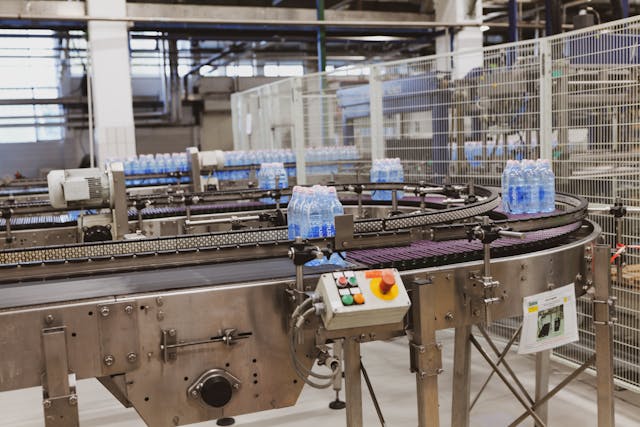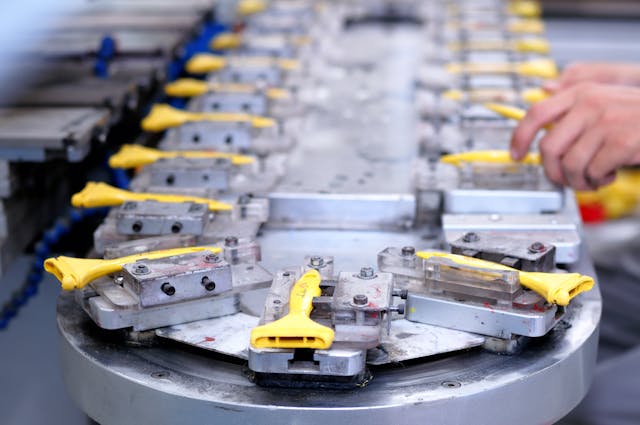Installing and keeping up with a conveyor system Sydney: Making Reliable Solutions for Moving Materials

Conveyor systems are the backbone of smooth product handling in Sydney’s burgeoning warehouse, manufacturing, and logistics industries. A well-designed conveyor system makes things more efficient, cuts down on human effort, and saves operating expenses, whether it’s for a food processing factory or an e-commerce distribution hub. But clever design is the first step to making it work.
Companies that install conveyors in Sydney work closely with their customers to learn about the sorts of products they need to move, how much they need to move, the layout of the floor, and the circumstances in the area. They then develop systems that meet particular demands, such as motorised chain conveyors, modular plastic belts, roller conveyors, or belt conveyors. Safety measures like guard rails, emergency stops, and anti-slip coatings are also part of the first planning.
Installation: Making sure everything works together, follows the rules, and is safe
Once the design is accepted, installation may start, but it has to be carefully coordinated. Leading Sydney installers plan their work so that it causes the least amount of trouble. They typically work after hours or while the facility is closed. Installers follow certain steps to make sure that the integration of hardware, software, and wiring goes well.
Every phase of the Conveyor system install and maintenance is governed by Australian Standards, such AS 4024 for the safety of machines. Installers must check that the system tolerances are correct, that the emergency stop works and that all access points are properly marked and locked. The next step is commissioning, where the system is tested in real-world situations to find and fix any problems.

Why it’s important to do preventative maintenance on conveyor systems
Putting up a conveyor is just part of the story. Long-term performance is guaranteed by keeping it up. Preventive service plans from Sydney maintenance companies include frequent inspections, replacing parts, lubricating, and aligning belts.
Operators may minimise surprise failures by spotting tiny problems early, such as misaligned rollers or frayed belts. Maintenance plans also involve measuring uptime and audits of efficiency to assist customers see how their systems are working and where they may make changes. These insights are highly helpful for organisations who need things delivered just in time or quickly fill orders.

Systems that can grow and upgrades for businesses that are growing
Your firm has to change with its conveyor systems. Top Sydney installers use modular frames, plug-and-play motor components, and customisable controllers to make their buildings scalable. Businesses may update or add to their conveyor layouts without having to start from scratch as their order quantities go up or the sorts of products they sell change.
Also, more and more automation is being added to conveyors, such as barcode scanners, weigh scales, and robotic pick-and-place arms. Technicians that provide maintenance are skilled to fix both hardware and software, so even complicated systems will keep working. A good conveyor system can handle growth while maintaining optimum uptime. A great conveyor system can do both.
Sydney’s conveyor system installation and maintenance suppliers help companies keep moving in a city where speed and accuracy are very important. They provide the dependability, adaptability, and service you need to keep your business running effectively, from design and installation to proactive maintenance and updates.
You Might Also Like
Why Melbourne Male Strippers Are Making Private Events Better
Melbourne's lively culture of celebration People all over the world know that Melbourne has a lively social scene and loves...
Gunnedah’s Trusted Grease Cleaners for Commercial Kitchen Compliance
Knowing the Dangers of Grease Buildup In Gunnedah, cooking appliances in busy commercial kitchens work for long hours every day....
Why Year-Round Home Protection Is Provided by Expert Pest Control Frankston
Although Frankston offers a lovely beach lifestyle, the climate there also makes it ideal for pests to flourish. In both...
Get Quality Decking Brisbane to Change Your Backyard
Why Brisbane Homes Should Get Decking One of the best things about living in Brisbane is the outdoor lifestyle. Many...








